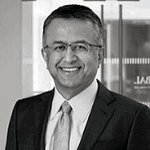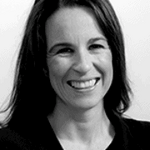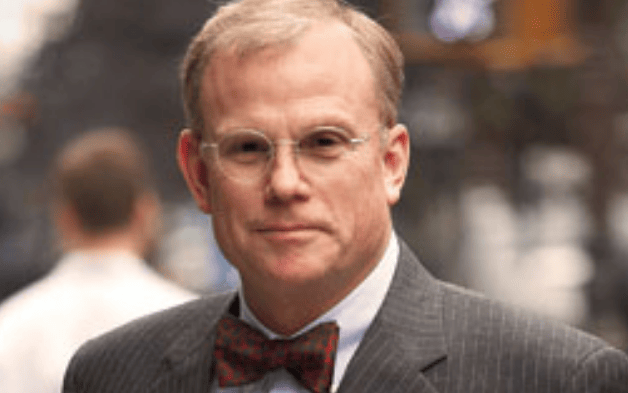The coronavirus crisis has resulted in an unprecedented number of defaults and presents an opportunity of a life time for distressed debt investors. Where are the opportunities and how should investors allocate capital both domestically and internationally?

Victor Khosla
Founder, SVP Global (United States)
Victor Khosla established SVPGlobal in 2001 and has built it into one of the major firms in distressed debt and private equity investments with $8.4 billion in assets under management.
Khosla has 29 years in the industry. He got his start at Citibank (1989-1993) and subsequently built and managed the distressed proprietary trading business at Merrill Lynch (1993-1998). At the time of his departure from Merrill Lynch, Khosla had investment authority for $2 billion in corporate and real estate investments and headed a team of 40 analysts and traders based in New York, Tokyo, London and Hong Kong. After leaving Merrill Lynch, he had leadership roles at two well-known funds; he was president of Cerberus Capital (1998-1999) and ran MooreSVP (1999-2002), a JV with Moore Capital, which invested in distressed debt in Japan.
Khosla graduated with a first class Bachelors of Commerce (Honors) degree from Delhi University, a MA in Economics from Vanderbilt University, as well as a MBA from the University of Chicago. He is a member of the management council at the University of Chicago Booth School of Business.
Amanda White is responsible for the content across all Conexus Financial’s institutional media and events. In addition to being the editor of Top1000funds.com, she is responsible for directing the global bi-annual Fiduciary Investors Symposium which challenges global investors on investment best practice and aims to place the responsibilities of investors in wider societal, and political contexts. She holds a Bachelor of Economics and a Masters of Art in Journalism and has been an investment journalist for more than 25 years. She is currently a fellow in the Finance Leaders Fellowship at the Aspen Institute. The two-year program seeks to develop the next generation of responsible, community-spirited leaders in the global finance industry.
Key takeaways
- The high yield and leveraged loan market size has doubled since the GFC.
- Today prices will not fall as low as they did in the GFC. This opportunity set is not as deep as 2008, it is a 3 to 6-month window.
- We believe the European trough is lower and the recovery is longer.
- It is important to decide what not to do:
- In certain regions such as France or Italy, the laws are not conducive to the restructuring process
- In emerging markets it can be extremely difficult to seize the steering wheel and navigate the restructuring journey
- There is a lot of low hanging fruit in restructuring from an operational perspective.
- In the last 8 years there has not been huge opportunity or activity in the distressed space, but in the last 4 months the market has exploded.
- In 2008 the rising tide lifted all boats. Today, you must be smarter, more focused and more skilled to invest successfully.
- The distressed space offers a very comfortable discount cushion, which alleviates risk if the recovery is slower than hoped.
Poll results
Are you increasing your allocation to distressed debt opportunities as a result of COVID-19?




